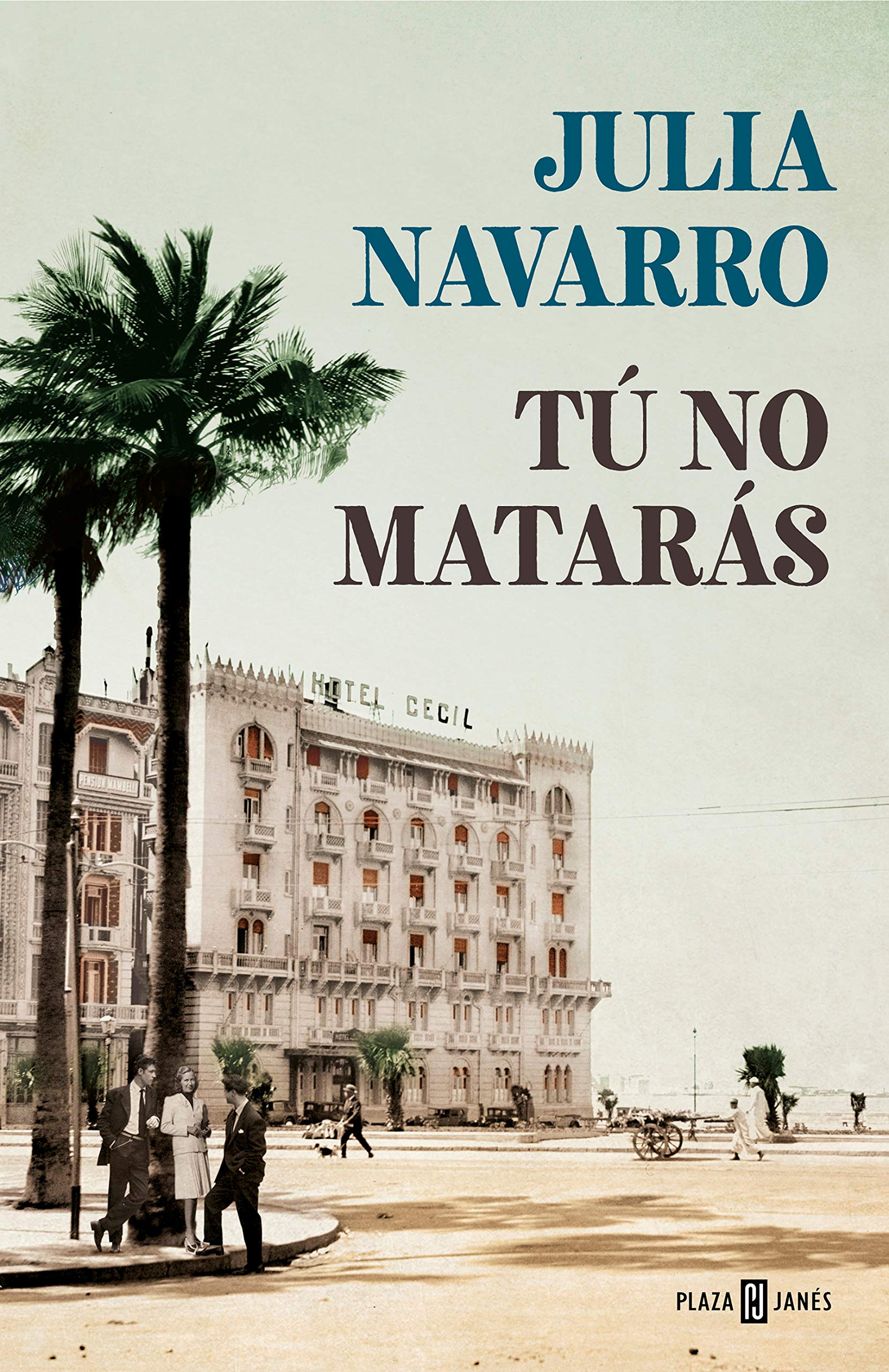Author Julia Navarro’s You Shall Not Kill is a sprawling historical narrative spanning two continents and set during the Second World War. It features a large cast of characters major and minor driven by passions they can barely contain; Navarro doesn’t leave a single human emotion unexplored over the course of the book’s nearly 1,000 pages. Many readers will balk at the extended length of this book, but those willing to place their faith in Navarro’s talent will find themselves carried away by her sure-handed narrative pace, light authorial touch, and obvious care and consideration of the characters. It has an impressive sweep that never bogs readers down thanks to her eye for significant detail remaining sharp throughout You Shall Not Kill. It takes immense creative energy to produce any novel, even a bad one, but Navarro never exhausts her subject and there are few portions where her writing feels long-winded.
Some writers experience fatigue making a 400 page book hold together. The central glue for this book for me is Navarro’s prose. Her experience as a writer is clear and she betrays no obvious influences. You Shall Not Kill has a cosmopolitan bent due to its various settings and Navarro moves readers around without ever losing us along the way and manages to give each of these very different locations its own character; Alexandria never seems interchangeable with Madrid or Paris and so on. She charges the book’s atmosphere with the tenor of its time period. You Shall Not Kill is never a period piece, she never makes extended discursions about the world of the 1940’s her subject and her exposition is invariably functional rather than ornamental.
AMAZON: https://www.amazon.com/You-Shall-Kill-Julia-Navarro/dp/164473124X
The dialogue, in the hands of a lesser writer, could smack of windswept movie-like romance but never does. Navarro likewise shows she has a great talent for developing character and storyline alike through the use of dialogue, an underrated yet critical skill for a writer to have, and we never feel like her exchanges are marking time and pages just to get readers to the next set piece. This illustrates another strong point of the book. Often such historical based novels can seem like a series of set pieces tied together and called a novel without none of the connective tissue present we expect from fully realized literary works, but that isn’t the case with Navarro. Above all else, perhaps, she is a storyteller and her dramatic chronicle unfolds and transforms in a way that consistently holds readers’ interest.
Navarro has written many fine and extended works preceding this novel, but I expect her fans will find this her best work yet. She is aiming high with You Shall Not Kill andher thematic aspirations are met time and time again throughout the course of this book. I have never encountered her work before reading this, but after finishing this book I can say without hesitation that Julia Navarro is a writer I will be interested in reading more from in the future.
Garth Thomas

